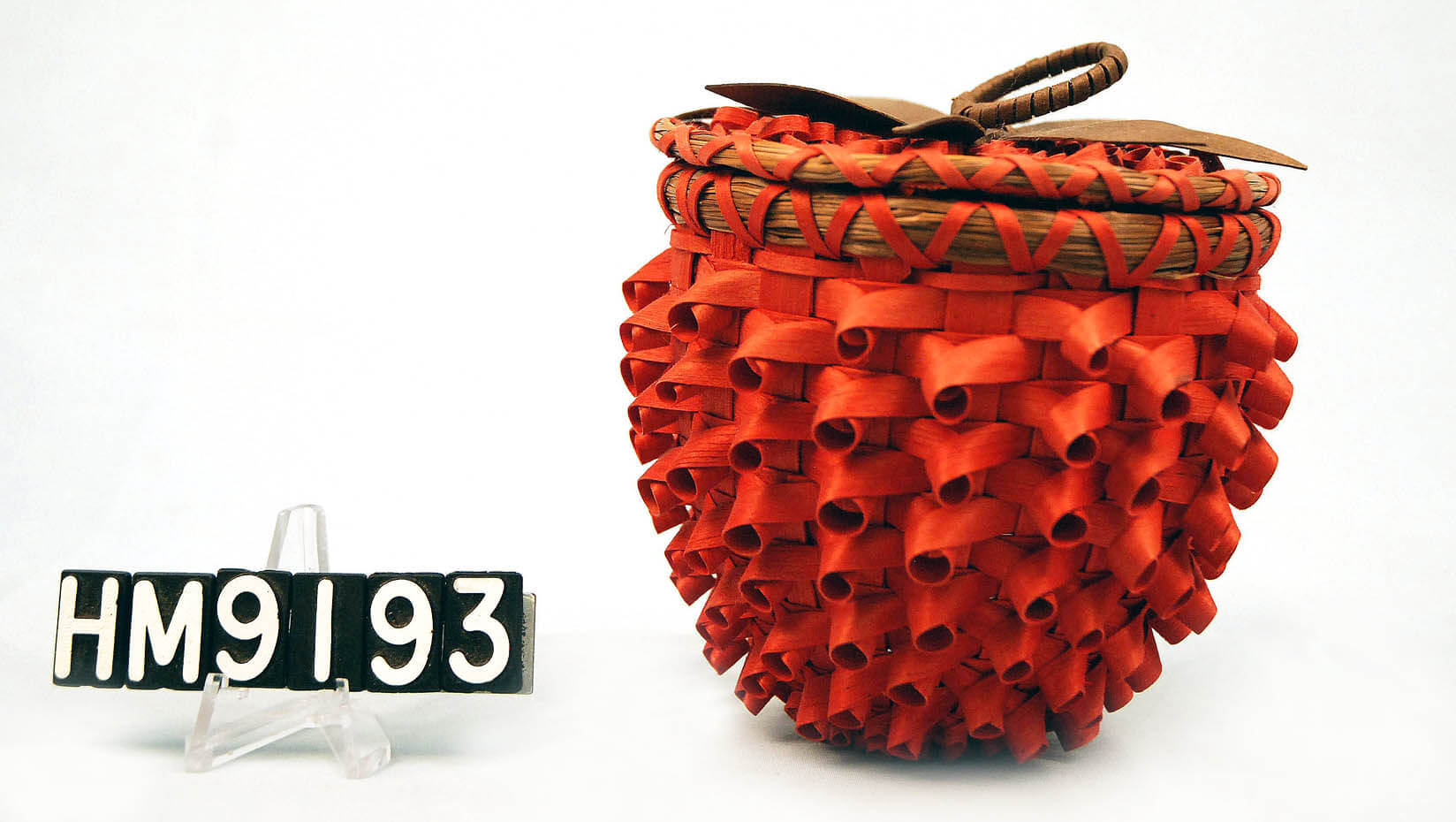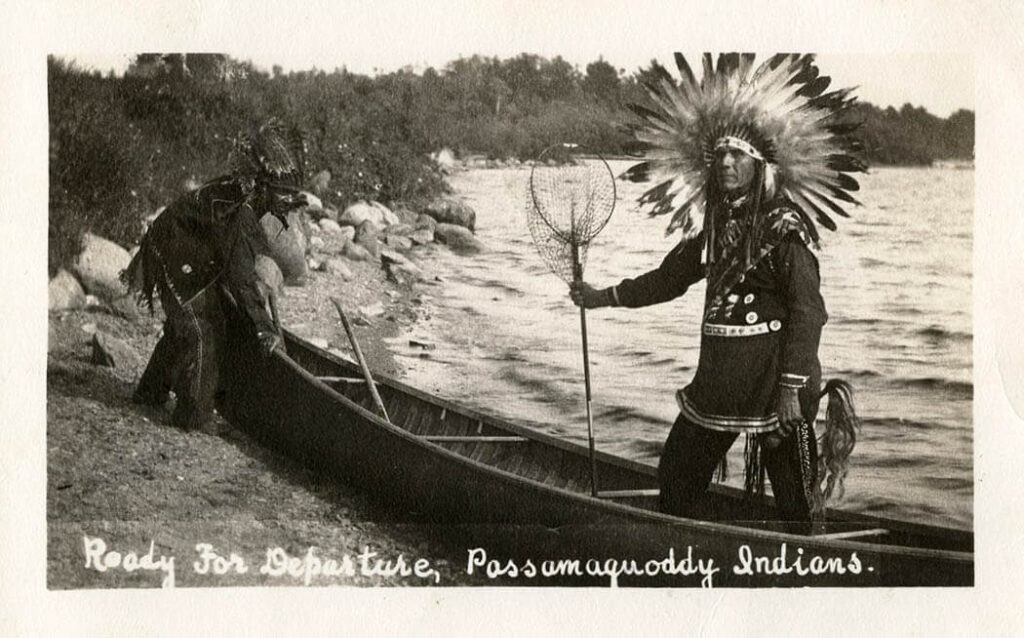
NEH funding to support enhanced access, utilization of Wabanaki resources
The National Endowment for the Humanities has awarded a grant of more than $59,000 to the University of Maine’s McGillicuddy Humanities Center to support development of a centralized digital portal that will improve access to Wabanaki historical and cultural resources and archival collections currently distributed across UMaine and, in the future, to incorporate collections curated by several external institutions.
UMaine professor of English Margo Lukens, a faculty adviser to the McGillicuddy Humanities Center, will lead the interdisciplinary Wabanaki Resources Portal project, which seeks to enhance utilization of existing resources to promote the study of Wabanaki history and culture at the elementary, high school and post-secondary levels in Maine and to facilitate interdisciplinary academic and arts scholarship.

UMaine’s archival holdings related to Wabanaki history and culture are extensive, and include the collection of Fannie Hardy Eckstorm, an early twentieth-century independent scholar of Wabanaki history and culture; the Molly Spotted Elk Collection, which provides a Penobscot view of the United States and Europe; the Linda Gilbert Collection of Penobscot Indian Music featuring original audio recordings about traditional song and dance; and the Maine Indian Collection, one of the largest institutional collections of Wabanaki baskets and basketmaking materials and tools, which is curated by the Hudson Museum. The museum also maintains a collection of significant primary resources, particularly images portraying traditional Wabanaki activities such as basketmaking and harvesting.
Other Wabanaki artifacts stewarded by UMaine include photographs of Passamaquoddy and Penobscot people including prominent tribal members Andrew Sockalexis and Lucy Nicolar Poolaw, who was also known as Princess Watawahso, characteristic objects from the 1880s through today, and the Senator William S. Cohen Papers related to the Maine Indian Land Claims Settlement Act of 1980. Fogler Library also maintains copies of recordings of Wabanaki speech and story now in the Library of Congress collection.
Much of the Wabanaki history and cultural material now housed in University of Maine collections is the intellectual and physical property of the Wabanaki tribes. A 2018 memorandum of understanding between UMaine and the Penobscot Nation delineates a process of artifact co-curation that includes tribal members to ensure culturally responsive care and use of archival material held by a nontribal organization. Maine’s Native American communities will be included in decision and policymaking related to the collections, including controlling access to culturally sensitive materials. UMaine is working to develop a similar memorandum of understanding with the Passamaquoddy Tribe.
Currently, access to UMaine’s resources is limited by siloed storage across multiple, unconnected locations and formats. Developing a centralized portal where digital copies of historic artifacts can be archived as searchable files will enhance interest in Wabanaki history and cultures while serving a diverse stakeholder base with interests in American history, literature, linguistics, law, art and natural sciences, as well as the study of colonization and decolonization in American society.
The Wabanaki Resource Portal project will center the ideas and perspectives of Wabanaki people in providing access to significant historical materials meant to educate the public, facilitate scholarship, preserve Wabanaki traditions and art, and support development of inclusive and accurate K–12 curricula that enhance the teaching of Wabanaki history and culture in Maine schools.
Collaborators on the portal project include partners from Raymond H. Fogler Library, the College of Education and Human Development and Native American Programs at UMaine, members of the Wabanaki Confederacy and the Wabanaki Studies Working Group, the Maine Department of Education, the Abbe Museum in Bar Harbor, Amherst College and the University of Massachusetts Amherst.
Lukens has co-authored “‘Still They Remember Me’: Penobscot Transformer Tales, Volume 1” with Penobscot language master Carol Dana and University of Southern Maine linguistics faculty Conor Quinn. The book recounts traditional tales of Gluskabe, the tribe’s culture hero, as told by Penobscot Newell Lyon to anthropologist Frank Speck. Speck published the stories in 1918 in an academic report titled “Penobscot Transformer Tales.” The 2021 bilingual edition of Transformer Tales, which was designed for language learning, presents the stories in contemporary Penobscot orthography with updated English translations and features artwork created by tribal members. The book will be available from the University of Massachusetts Press in June 2021.
Contact: Joan Perkins, joan.perkins@maine.edu
